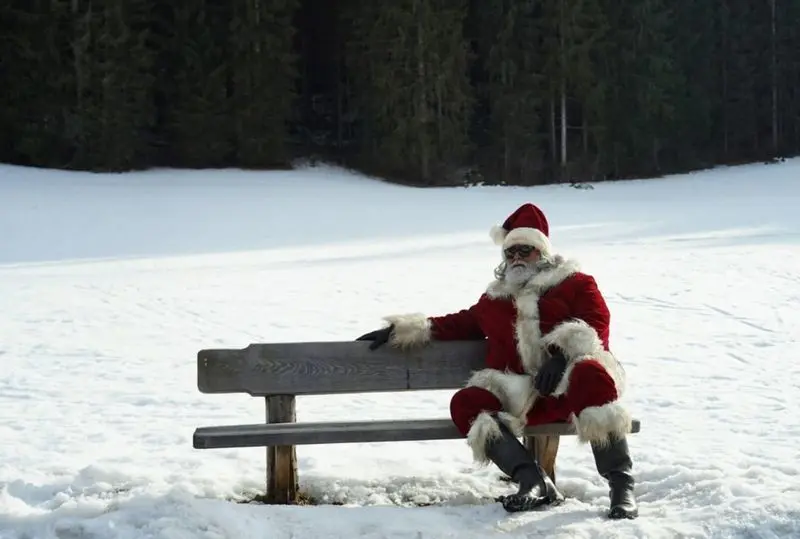

Christmas travels: the festive places of Italian cinema
Whether it is because it is that rather magical moment of the year when anything is possible or because everyone becomes childlike in their enjoyment of the familiar annual sounds, tastes and smells, but Christmas is the most celebrated event in cinema.
The iconography of Christmas always includes certain elements: snow, the bearded big man dressed in red, family, love, presents, the warmth of home, yet the big screen has always been able to find original ways to frame it.
We are all kinder at Christmas, so no fear: a happy ending is always guaranteed… or almost always.
